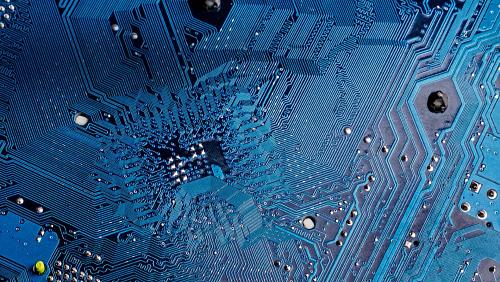The Problem of Waste Management
In recent years, the issue of waste management has become a growing concern in many countries around the world. With increasing populations and urbanization, the amount of waste generated continues to rise, putting pressure on existing landfills and incineration plants. In response to this challenge, China has emerged as a leader in developing innovative solutions to manage waste more sustainably.
Mobile Waste-to-Energy Technology
One such solution that China has pioneered is mobile waste-to-energy technology. This technology involves the deployment of mobile waste-to-energy units that can convert waste into energy on-site. These units are equipped with advanced technologies that can process various types of waste, including organic waste, plastic, and paper, to generate electricity or heat.
Benefits of Mobile Waste-to-Energy Technology
There are several benefits to using mobile waste-to-energy technology. Firstly, it reduces the need for transportation of waste to distant landfills or incineration plants, thereby lowering carbon emissions and fuel costs. Secondly, it provides a more sustainable way to manage waste by converting it into valuable resources like electricity. Lastly, it helps to reduce the reliance on non-renewable sources of energy, contributing to a greener and more sustainable future.
China’s Leadership in Mobile Waste-to-Energy Technology
China has been at the forefront of developing and implementing mobile waste-to-energy technology. The country has invested heavily in research and development to improve the efficiency and effectiveness of these units. Additionally, Chinese companies have been actively promoting the adoption of this technology both domestically and internationally.
Conclusion
In conclusion, China’s leadership in mobile waste-to-energy technology is a testament to the country’s commitment to sustainable waste management. By investing in innovative solutions like mobile waste-to-energy units, China is setting an example for other countries to follow. With the continued development and implementation of these technologies, we can create a more sustainable and cleaner future for generations to come.








